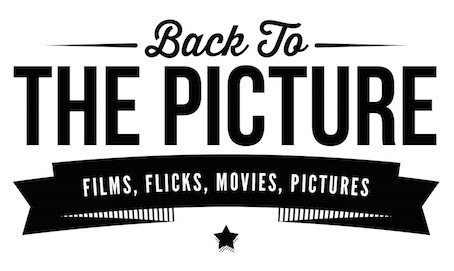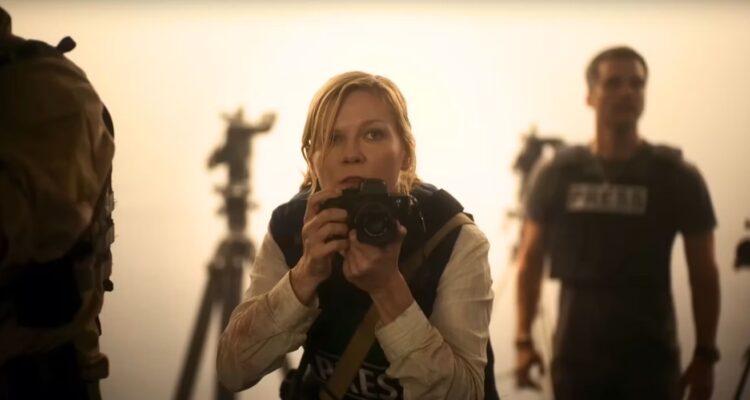This one was rough to watch, given the state of America nowadays, but it’s hands down a film worth experiencing.
Set in a very near future after the United States of America has broken up into separate factions that no longer recognize a single unified government, Civil War follows war photojournalist Lee Smith (Kirsten Dunst), her colleague Joel (Wagner Moura), and a young aspiring photographer named Jessie Cullen (Cailee Spaeny), as they set out on a journey to interview the authoritarian President of the United States (Nick Offerman) on his home turf of the White House. Traveling across a war-torn America, Lee, Joel, and Jessie soon realize that the war isn’t affecting everyone in the same way, far from it. Caught up in battles fought between sides that aren’t entirely clear, forced to confront violence with an unflinching and objective eye, and unsure of whether or not they’ll even make it to their destination alive, Lee and her coworkers must do what they can to keep their journalistic integrity alive while avoiding danger and death at every turn, something far easier said than done.
Within the first fifteen minutes, Civil War became a movie I was not expecting but ended up highly appreciating. Choosing to focus on a crew of journalists traversing across an America that’s already at each other’s throats, director Alex Garland populates his film with characters that not only feel real but have an actual purpose too, as we quite literally watch the film through their camera lens at times. Marked by scenes that range from the brutal and bloody to the disheartening and terrifying to the uncomfortably real and only slightly exaggerated, Civil War excels as a better movie than I thought it’d be, bolstered by a final act that brings everything together in a way that will leave your jaw on the floor and your mind reeling.
Though Civil War is a solid film overall, it does suffer from a few things that lessen it ever so slightly, specifically its final ten minutes that felt equal parts pulse-pounding yet oddly anticlimactic. Throw in a few scenes that felt necessarily slow to lay some proper groundwork for the characters we’re following, and the flaws of Civil War are nit-picky at best but are still valid considering what this film was trying to accomplish as a narrative and as a conversational piece after the credits roll. Additionally, I wish we got a little more of a definitive discussion about which side was “right” and “wrong” in this film, but I understand that’s arguably the point of a movie like this, especially when placing journalists at the heart of it all, so take this criticism with a grain of salt.
While not as divisive and controversial as I was initially expecting, Civil War is a much more measured and nuanced take on the divide in near-future America that deals with the expected violence and contrasting rhetoric from its characters with a neutral eye (or rather camera), effectively helping to keep its narrative fluid and interesting yet unfortunately, never taking a real stance on what’s happening onscreen. Regardless, Civil War sits in the uncomfortable negative spaces of America today while not directly pointing fingers at anyone, making it a thoughtful watch that might not change any minds but will most definitely call them out and force you to pay attention.
8
War Never Changes
The Verdict
8





